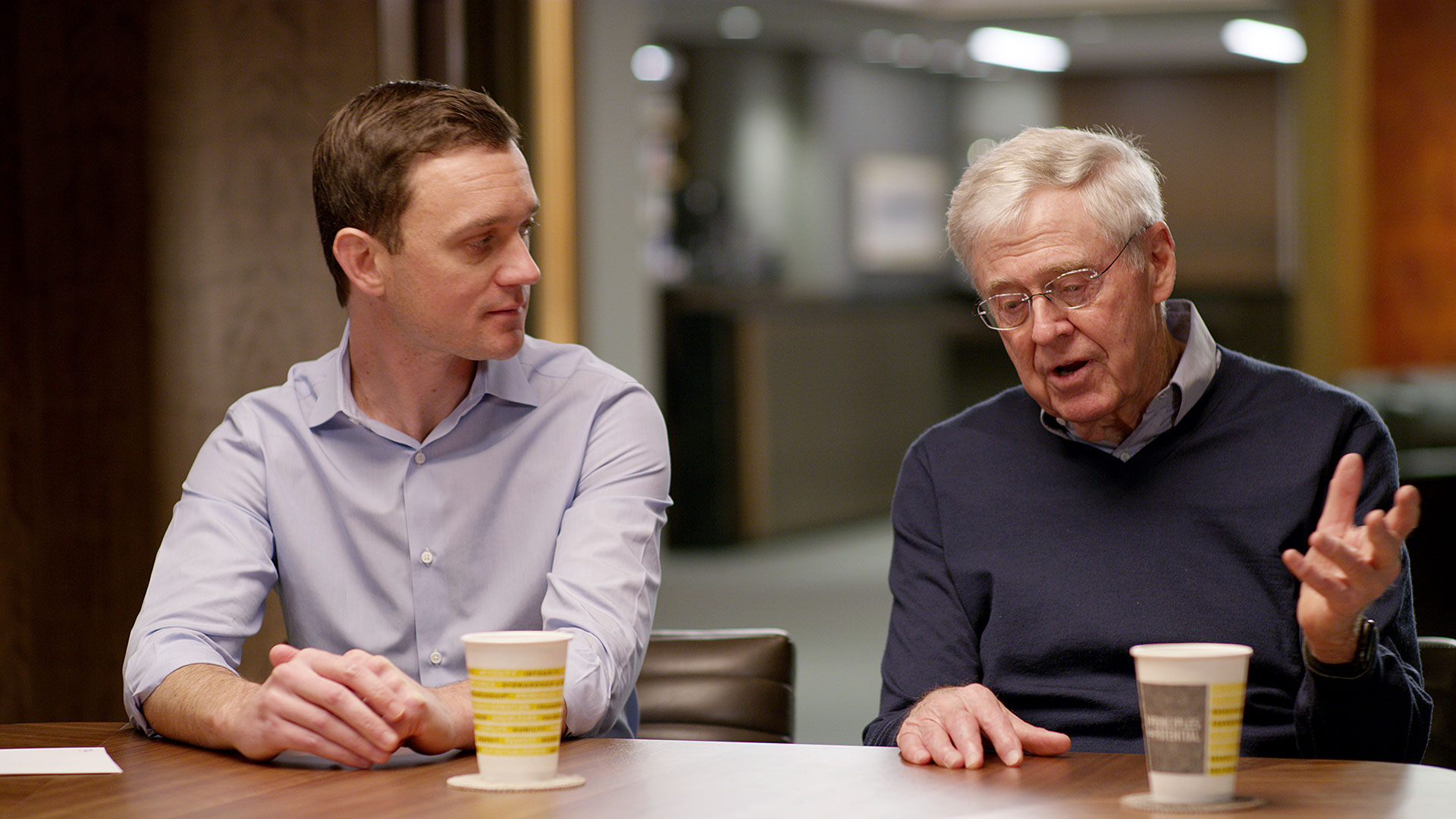How does your giving to universities work?

Charles:
When I was in my 20s, I became very interested in learning about the principles of scientific and social progress. I read everything I could get my hands on from every different perspective — from Adam Smith to Karl Marx, Michael Polanyi to Karl Popper, Maslow to Freud, as well as Aristotle to Plato.
I graduated from MIT with three degrees in engineering but didn’t learn this diversity of ideas until after college, when I started studying on my own.
What impressed me was that many of the principles I was learning from fields as varied as science, philosophy, economics, psychology, and sociology were consistent and interrelated. So I became convinced they could help me, and I began applying them at Koch Industries and in my own personal life.
Nearly every success I’ve had has been as a result of this approach. And it’s why the vast majority of my philanthropy for more than 50 years has gone to support education — to help more people benefit by learning from a diversity of ideas, as I have.
It started with scholarships for individual students, which led to grants to professors and university centers — those that can not only benefit students and their development, but also lead to new discoveries and innovations that benefit society.
Brian:
Stand Together partners now support more than 1,000 professors at about 300 colleges and universities across the country.
Professors like John Tomasi. His program at Brown University hosts spirited but respectful conversations among people with radically different ideas on challenging topics such as inequality and immigration. The students choose the topics and pick the speakers, helping make it one of the most prominent programs on campus.
Or scholars like Veronique de Rugy at the Mercatus Center at George Mason University. Her research has made her one of the most sought-after experts in the country when it comes to understanding the consequences of corporate welfare in public policy.
Research is a discovery process, and that’s how we approach our support for scholars like Veronique. They must have the freedom to follow the evidence wherever their research takes them. That’s why we’ve always followed strict standards in our university philanthropy: a commitment to academic independence, to faculty-driven research, and an adherence to each school’s procedures for hiring, curriculum, and peer review.
The Charles Koch Foundation also established the gold standard for transparency in university philanthropy as the first major foundation to post all major university grant agreements on its website. That way other schools and scholars can see the type of work we support and whether we can be helpful to them.
(Here’s the link to everything, in case you’d like to know more.)
And of course, we’re always looking for great ideas to support — scholars can apply for grant support here.
Learn more about Stand Together’s issue areas.

